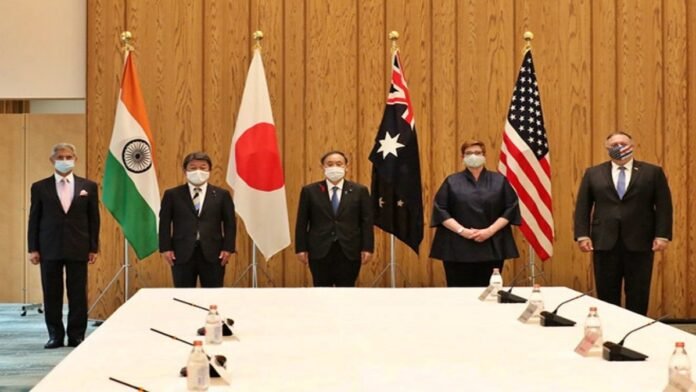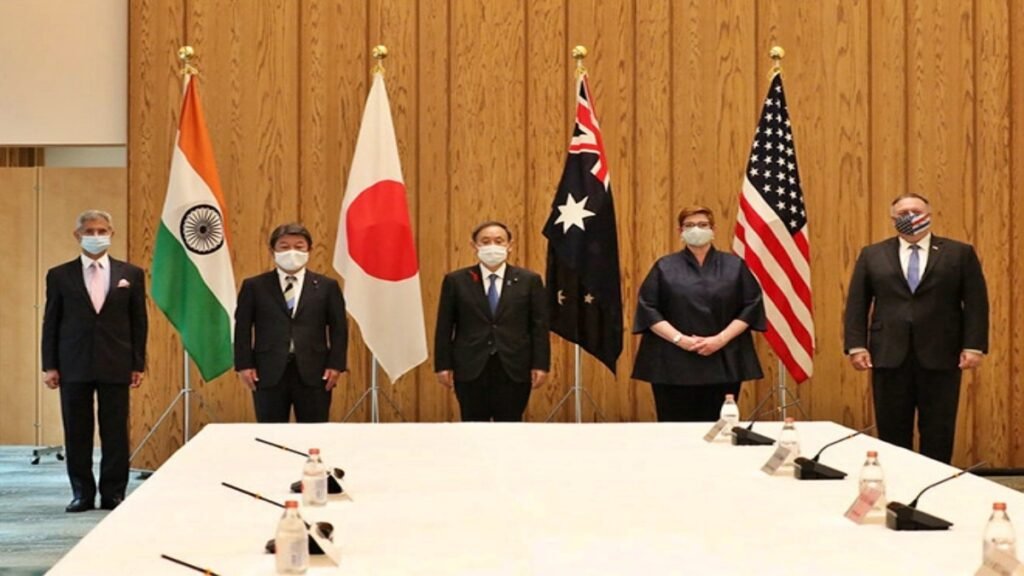
New York: The Quad, a grouping of four countries, signed the ‘Humanitarian Assistance Disaster Relief Guidelines’ at a meeting of their foreign ministers here on Friday. India has welcomed the move, calling it a decision taken at the ‘right time’. External Affairs Minister S. Jaishankar said that this meeting has been held at the right time as the world is going through very difficult times.
“Given these difficult times, it is especially important that the Quad Groups move forward in the creative agenda that we have set out for ourselves, that we work together to deliver public goods,” he said.
“Especially what we are signing today is very necessary. I think today is also an opportunity for us to discuss strengthening the multilateral system.”
US Secretary of State Antony Blinken said the meeting was proof that the Quad is strong and is getting stronger. He said, “I think our countries are well aware that in the important challenges that we are facing and the opportunities that lie ahead of us, it is very important that we work together.” ” Quad is an organization of four countries which includes India, America, Australia, and Japan.

A request for international assistance is needed before Quad partners may act in coordination under the Partnership. Quad partners may provide joint or coordinated individual assistance in crisis preparation or alert, crisis response, or post-crisis review phases of disaster response. Any humanitarian action will be carried out with respect for the sovereignty, territorial integrity, and national unity of the affected state.
Under the partnership, Quad partners will promote inclusion by advancing gender equality and women’s and girls’ empowerment, ensuring persons with disabilities are agents and beneficiaries of humanitarian action, and ensuring indigenous people, minority groups, and persons in vulnerable situations are not left behind. The guidelines call for zero tolerance for inaction in tackling Sexual Exploitation, Abuse, and Harassment (SEAH).
Quad partners will meet twice a year to share lessons and operational updates and will conduct at least one scenario-based tabletop exercise to improve preparedness, coordination, and interoperability.



















































